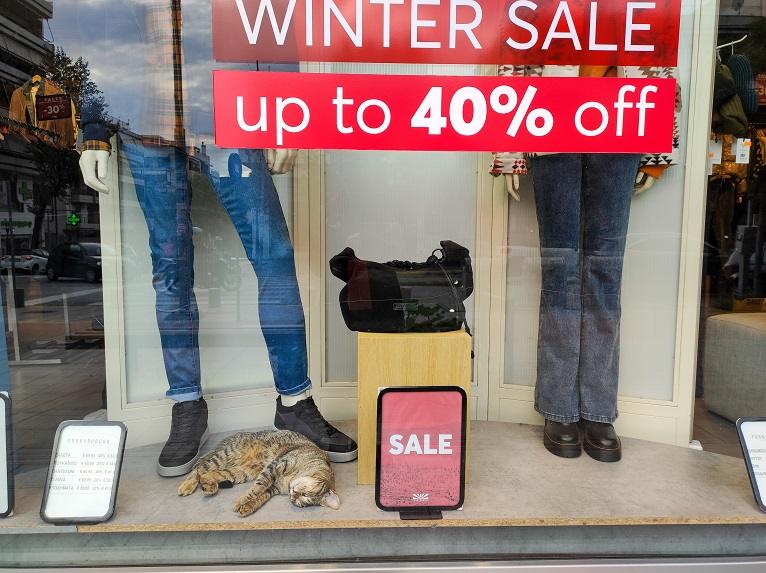Last year’s (2020) periods of the big discount events of Black Friday and Cyber Monday, but also of the festive period of Christmas and New Year, were characterized by a frightening increase in the online shopping made by consumers and, consequently, by the much higher, compared to previous years, demand in postal services, according to a relevant announcement of the Consumer Ombudsman.
Although this was a development that was largely expected due to the imposed restrictions that already applied to the physical operation of the stores in the midst of the consolidated state of the pandemic, the inability of the postal providers to fully respond to this demand was observed.
This was reflected in an equally significant increase in reports received by the Consumer Ombudsman for the postal services sector, which amounted to 133.3% in 2020 compared to 2019, with 45% of the reports specifically related to in problems (delays) in the delivery of postal items, compared to the much lower corresponding percentage (26.6%) of 2019.
The management burden of this critical mass of petitions was borne even more by the providers themselves, who, in addition to their aggravated postal work, found themselves faced with the need not only to deal with their customers’ resentment but, in many cases, to pay compensation for improper provision of their services.
In the field of trade, this year is so far comparatively better than last year, since consumers can and do make their purchases in open stores. However, for many the habit of e-commerce has now been consolidated, with the result that e-commerce is flourishing and we are able to predict with relative certainty that it will once again achieve very high performance in the immediate future.
Recommendations
In this context, the Independent Authority “Consumer Ombudsman” under the responsibility of the European Consumer Center , Greece, raised the vigilance of postal providers to maintain a high level of their services, but also the trust of consumers, which already has restored from last year, immediately recommending:
1. The filling of any identified gaps and the timely preparation, where required in material and technological infrastructures, in order to satisfy as much as possible the expected increased demand for delivery services.
2. The satisfactory staffing of the front desk services (store and telephone service staff), logistics (storage) and last mile (delivery from the distribution centers to the end user), so that delays and other possible phenomena of defective provision of delivery services are not observed again.
3. Ensuring the ability to pay for cash on delivery by electronic means (POS) not only at post offices, but also to distributors who perform at home, for the best possible customer service.
4. The rapid and effective management of consumer complaints, as well as the rapid response to calls from public authorities for cooperation in matters of compliance and implementation of existing legislation.










































